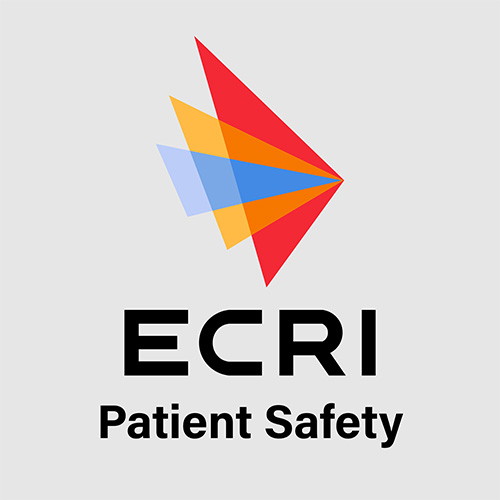
By Yolanda Sims, JD, MHA
Medical misinformation ranked as the third most critical patient safety concern on ECRI’s 2025 annual patient safety list. The ranking is particularly timely, as health officials are currently combatting the spread of medical misinformation amid alarming measles outbreaks in numerous states. Nationwide, providers are emphasizing the importance of patient education to mitigate the transmission of communicable diseases and promote informed vaccination decisions.
What is Medical Misinformation and How Does It Impact Patients?
A report by the U.S. Office of the Surgeon General defines medical misinformation as information that is false, inaccurate, or misleading according to the best available evidence at the time. One study noted that believing medical misinformation may cause people to engage in risky behaviors, such as avoiding vaccination and delaying seeking medical care, or using ineffective and potentially harmful treatments like Ivermectin or drinking bleach.
Three clinical examples highlight why medical misinformation is a patient safety issue:
- Delayed Care and Non-Adherence: Patients influenced by misinformation may postpone or refuse evidence-based treatment, challenging providers’ ability to deliver timely and effective care.
- Increased Communication Burden: Providers must often spend valuable time addressing and correcting misconceptions, especially among patients with limited health literacy skills.
- Erosion of Trust: Misinformation undermines the provider-patient relationship, making it challenging to build and foster trust, encourage adherence, and support informed decision-making.
How Providers Can Help Mitigate Medical Misinformation
Given its potentially devastating consequences, the U.S. Surgeon General recommends that health professionals adopt patient-centered communication strategies to combat health misinformation. Key recommendations include:
- Proactively engage with patients and the public on health misinformation.
- Share accurate information with the public and normalize discussion about online information.
- Partner with community groups and organizations to prevent and address health misinformation at the local level.
Additionally, providers can apply infodemiology to effectively counter medical misinformation. Infodemiology is a public health discipline that studies the spread of information with the goal of improving health. It has been used to study the spread of misinformation in health issues, such as vaccines and climate change.
Data-driven infodemiology strategies include fact-checking initiatives and social media campaigns. If you are looking for resources in this field of study, the de Beaumont Foundation and the Public Good Projects have developed the Infodemiology Training Program, a free, asynchronous, video-based training program that helps providers recognize, monitor, and report on trending health narratives online. The training modules are organized into three key focus areas:
- Infodemiology and misinformation
- Media monitoring and theoretical frameworks
- Communicating with patients
Conclusion
Widespread medical misinformation poses significant public health risks by endangering community well-being, eroding trust between providers and patients, and ultimately compromising overall patient safety.
To read ECRI’s full 2025 Patient Safety Concerns report, click here.
For additional tools and resources on addressing medical misinformation, click here.
References
Tewfik G, R. Malaparo. Battling Medical Misinformation: An Important Patient Safety Issue for Health Care Professionals. Anesthesia Patient Safety Foundation Newsletter. Vol. 40 No. 1, 1-31. February 2025
K. Maddie, N. Padmanabhan. Responding to Misinformation with Infodemiology - de Beaumont Foundation Accessed April 3, 2025
De Beaumont Foundation. Infodemiology.com Accessed April 3, 2025
Ontario Hospital Association. Misinformation in Health Care: The Critical Role of Effective Communication. Research Brief. May 2023 https://www.oha.com/Bulletins/Misinformation%20in%20Health%20Care%20-%20The%20Critical%20Role%20of%20Effective%20Communication.pdf Accessed March 28, 2025
Office of the Surgeon General of the US. Health Misinformation https://www.hhs.gov/surgeongeneral/priorities/health-misinformation/index.html. Accessed March 27, 2025.
Office of the Surgeon General (OSG). Confronting Health Misinformation: The U.S. Surgeon General’s Advisory on Building a Healthy Information Environment [Internet]. Washington (DC): US Department of Health and Human Services; 2021. WE CAN TAKE ACTION. Available from: https://www.ncbi.nlm.nih.gov/books/NBK572168/
